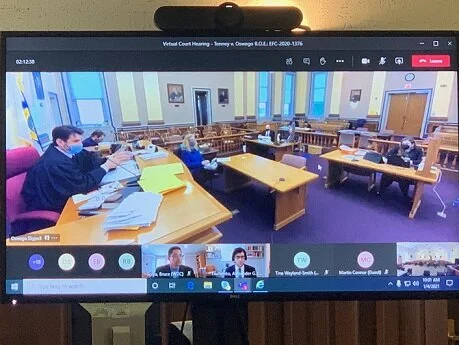Why the Democrats’ election victory won't necessarily translate into policy By Julia Azari
“I’m sorry. It’s just insane that Democrats are like, ‘we won everything and our opening position on relief is $1.9 trillion,’ and Republicans are like, ‘we lost and our opening position is $600 billion,’ and the media will be like, ‘Democrats say they want unity but reject this bipartisan deal.’ ”
This idea that elections should translate into policy is not wrong at all. But political science can help explain why it’s not working this way.
There are three main explanations:
1. Mandates are constructed, not automatic
2. Party asymmetry
3 Partisan competition
First, Party and policy mandates from elections are far from self-executing in our system. Work on presidential mandates from Robert Dahl, to Richard Ellis and Stephen Kirk to mine on its role in post-Nixon politics, to Lawrence Grossback, David Peterson, and James Stimson, all emphasize that this link is created deliberately and is not always persuasive.
Others must be convinced that the election meant a particular thing for it to work in a legislative context. I theorized in the immediate period after the 2020 election that this was why Republicans signed on to Donald Trump’s demonstratably false electoral fraud nonsense- it derailed an emerging mandate news cycle.
Winners of elections get what they get- institutional control -but can’t expect much beyond that unless the perception of an election mandate takes hold. And it didn’t.
Photo from Joe Biden
Let’s turn to the legislation element of this. There is just an asymmetry in terms of passing a relief bill. Republicans are presumably less motivated to get some kind of deal passed. Democrats are more likely to want to do something.
If you care more, you are in a weaker position. This would seem to be the situation, regardless of the election victory.
Finally, control of both chambers is very narrow and in play in nearly every election. Republicans do not have an incentive to give Democrats a win.
Julia Azari is Associate Professor and Assistant Chair of Political Science at Marquette University and regular contributor to Five-Thirty-Eight and Mischiefs of Faction.
adasasas






